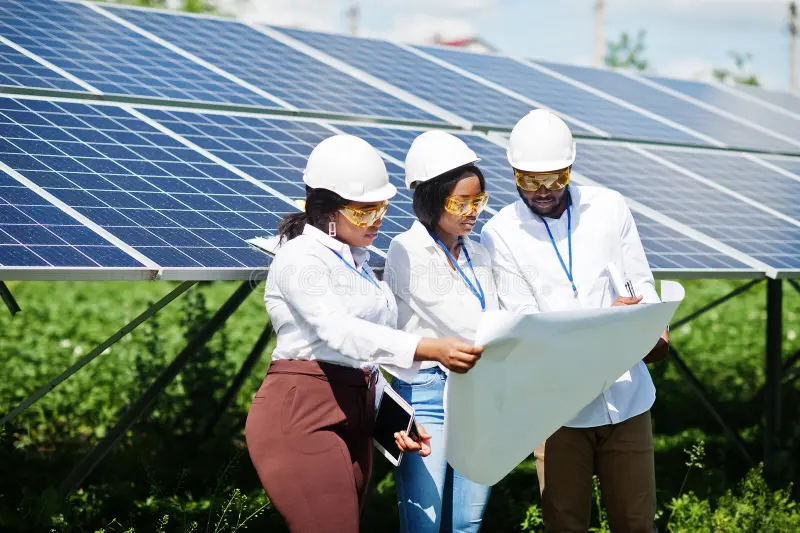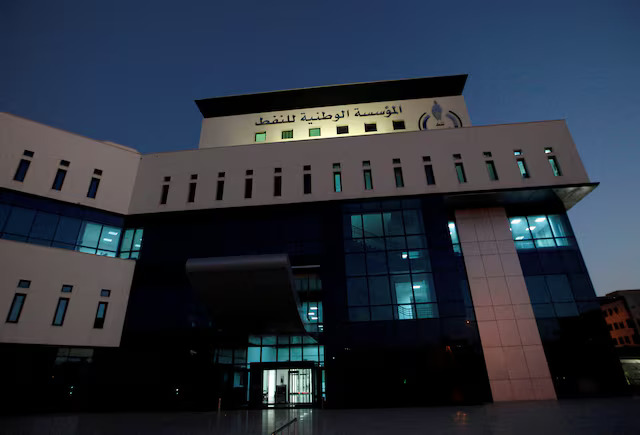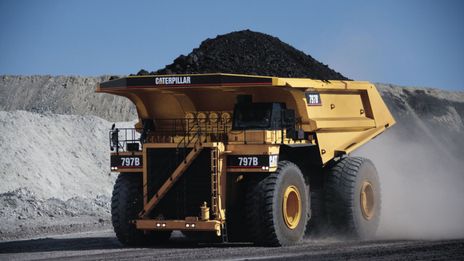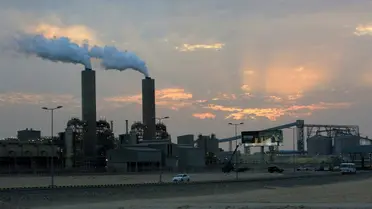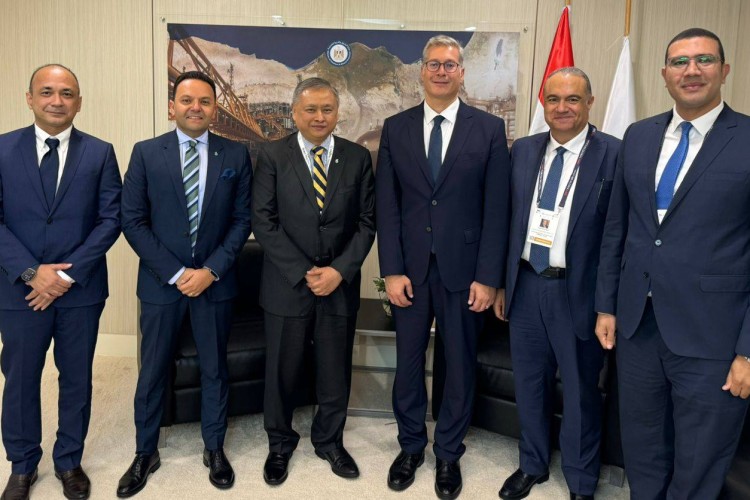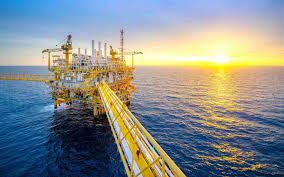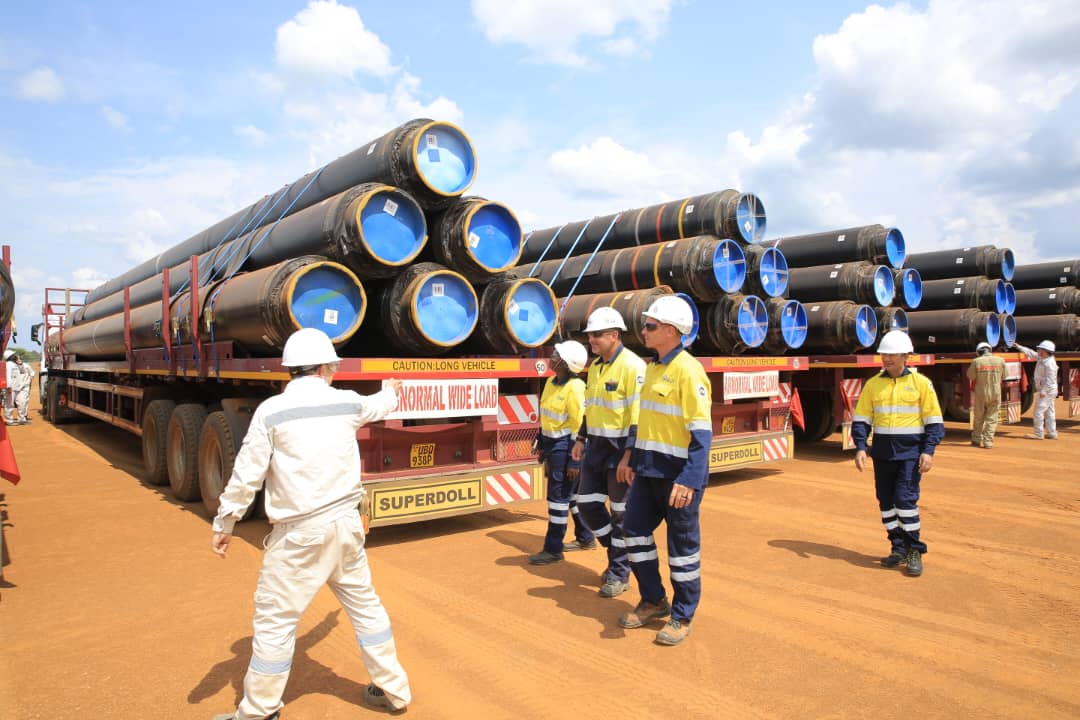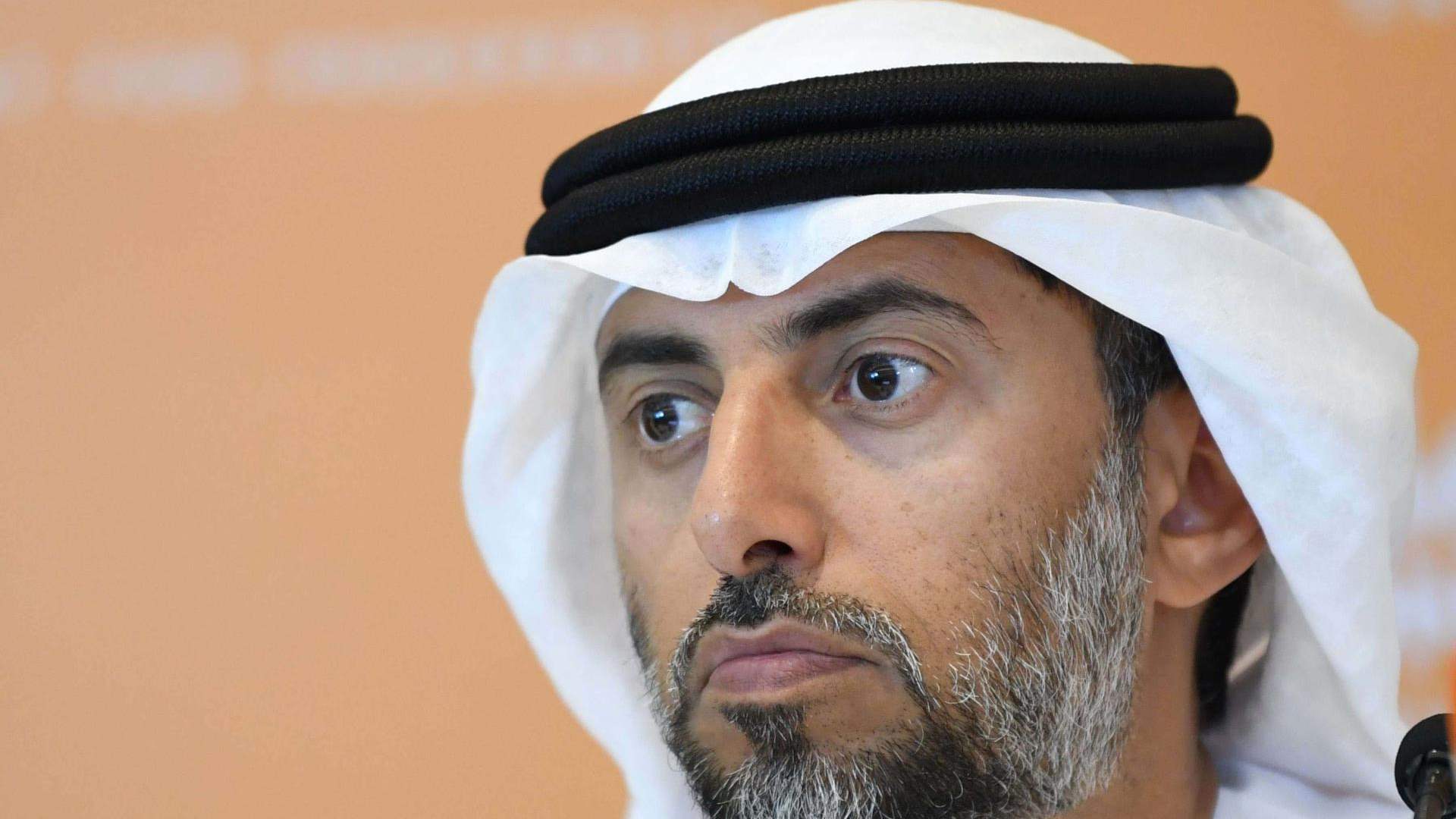Distribution

Africa’s Energy Paradox - Unlocking Vast Resources To Overcome Deep Power Poverty – Report
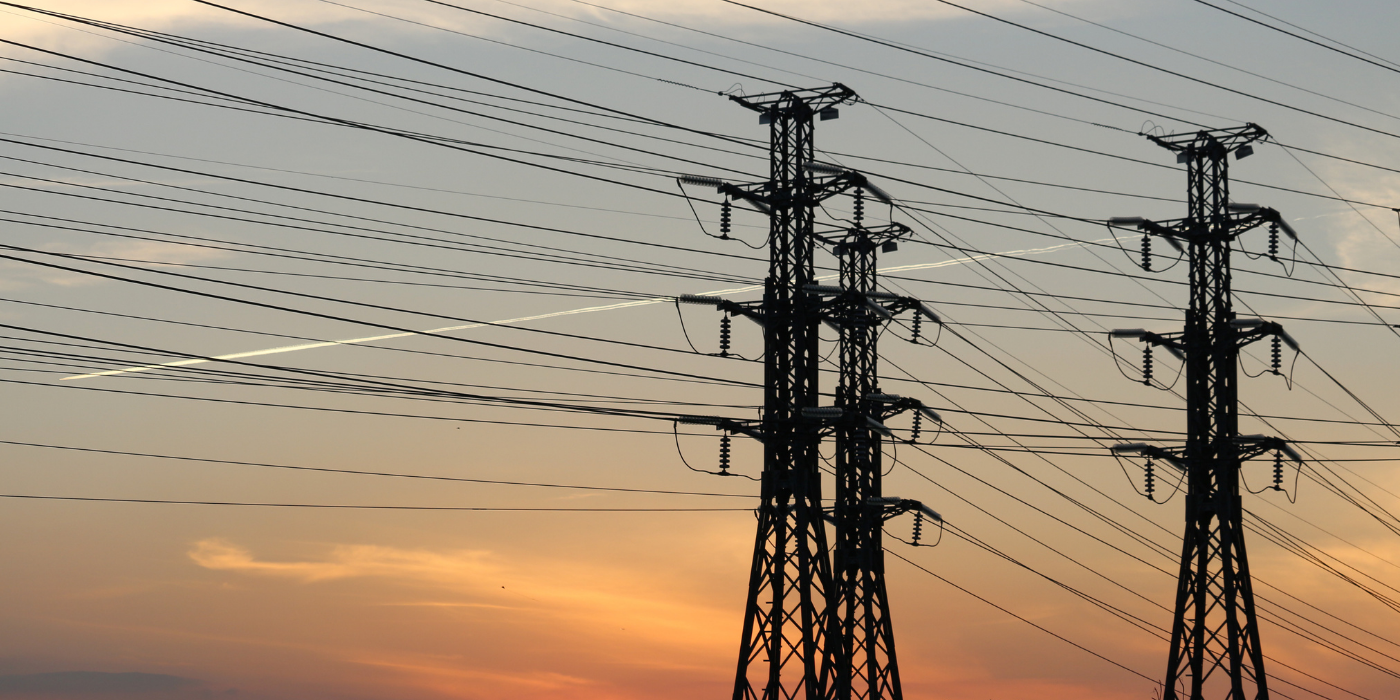
Africa possesses extraordinary natural wealth yet faces a severe energy paradox. Approximately 600 million people lack access to electricity, and nearly 80% of the population relies on traditional biomass for cooking, leading to significant health issues from indoor air pollution. This widespread energy poverty persists despite the continent's immense renewable resources, including the world's highest solar irradiation and substantial untapped wind, hydro, and mineral potential.
The continent's clean energy potential remains largely unrealized. Although solar and wind capacity are projected to grow by nearly 600% in the coming decade, this is from a very low base. In 2024, solar installation rates actually declined, and Africa accounts for less than 2% of global solar capacity. Development is hampered by weak regulation, limited infrastructure, and financial constraints, with many public utilities being insolvent and investors deterred by policy uncertainty.
To accelerate progress, a shift towards flexible, decentralized solutions is critical. Off-grid systems like solar-and-storage mini-grids are proving effective in rapidly bringing power to remote areas, as seen in Nigeria. However, a major barrier remains: Africa receives just over 2% of global energy investment. Increasing concessional financing and potentially linking critical mineral export agreements with funding for renewable projects are proposed pathways to bridge this gap.
Concurrently, African nations are also focusing on developing their substantial oil and gas reserves, estimated at 214 billion barrels of oil equivalent. Countries like Nigeria and Angola are pushing to expand production, with natural gas seen as a key transition fuel to replace more polluting alternatives. Revenues from hydrocarbons, which could average $109 billion annually for governments by 2030, are considered vital for financing broader economic growth and development.
Ultimately, a balanced strategy is essential. Africa must simultaneously advance its renewable energy capacity, leverage its critical minerals, and responsibly develop its hydrocarbons to meet the urgent needs of its rapidly growing population. With coordinated support and strategic investment, the continent can transform its energy landscape and unlock its vast potential.



